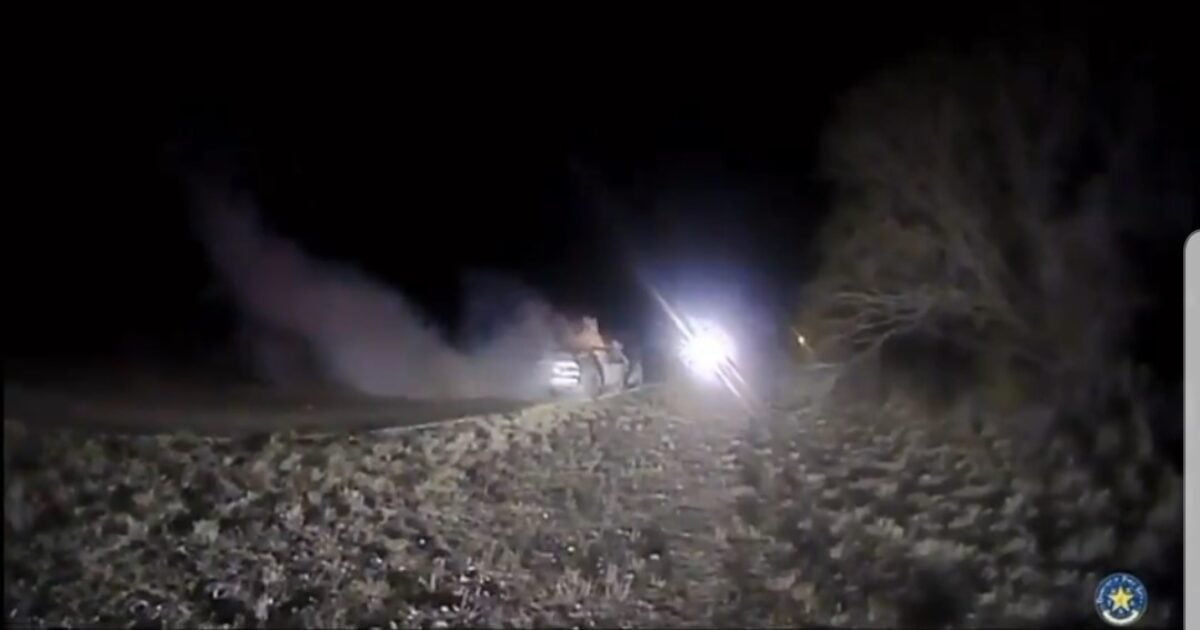Pharmaceutical Industry Leaders Prepare for Patent Expirations
Two prominent pharmaceutical companies, Merck and Bristol-Myers Squibb, are currently bracing themselves for the impending expiration of key drug patents in the coming years. This significant development comes as both companies recently released their quarterly earnings reports, shedding light on their strategies to mitigate potential revenue losses.
Merck’s Strategic Approach
Merck, a renowned player in the pharmaceutical industry, witnessed a remarkable 20% increase in sales of its flagship cancer drug Keytruda during the first quarter of the year, reaching a substantial $6.9 billion compared to $5.8 billion in the same period last year. This surge surpassed the expectations of Wall Street analysts who had projected sales of $6.7 billion based on a consensus estimate from analysts surveyed by FactSet.
The U.S. Food and Drug Administration initially approved Keytruda in 2014 for the treatment of melanoma, subsequently expanding its approval to include various other types of cancers such as lung cancer and carcinoma. Notably, Keytruda accounted for nearly 44% of Merck’s total sales, amounting to an impressive $15.8 billion in the first quarter of 2024.
Recognizing the imminent patent expiration of Keytruda in 2028, Merck is proactively diversifying its drug portfolio and pipeline through strategic acquisitions such as Harpoon Therapeutics and Elanco’s Aqua Business. Additionally, the company recently launched a novel drug named Winrevair, which obtained FDA approval in March for the treatment of pulmonary arterial hypertension in adults, a condition affecting approximately 1% of the global population.
Merck’s CEO, Robert M. Davis, emphasized the company’s commitment to driving growth across key therapeutic areas, executing strategic business development initiatives, and launching innovative products like Winrevair to address significant unmet medical needs. Looking ahead, Merck remains focused on seizing crucial opportunities and optimizing its business operations to achieve sustained success.
Bristol-Myers Squibb Adapts to Patent Expirations
Meanwhile, Bristol-Myers Squibb faces the imminent loss of patent protection for three key medications—Eliquis, Revlimid, and Opdivo—over the course of this decade. Together, these drugs contributed to 62% of the company’s total sales in the first quarter of 2024, which amounted to $11.9 billion.
To offset the anticipated revenue impact of patent expirations, Bristol-Myers unveiled a comprehensive “strategic productivity initiative” aimed at generating $1.5 billion in cost savings. In alignment with this initiative, the company announced plans to streamline its operations, resulting in the layoff of approximately 2,200 employees.
Bristol-Myers’ CEO, Christopher S. Boerner, underscored the company’s commitment to effective management and disciplined execution in navigating this transitional period. By implementing strategic cost-saving measures and enhancing operational efficiency, Bristol-Myers aims to deliver strong performance in the short term while positioning itself for long-term success.
Image/Photo credit: source url





